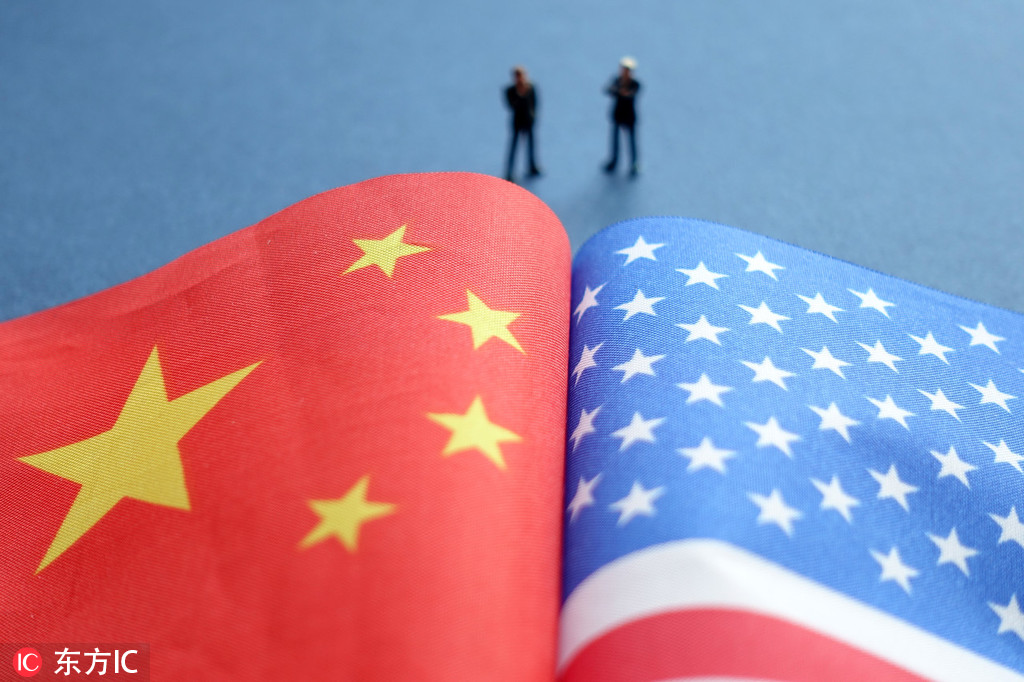Chinese wisdom of incremental improvement
By Su Changhe | China Daily | Updated: 2019-02-25 08:15

With the world in transition, Sino-US relations have become a cause for global concern. With many people, seemingly perceiving a conflict, even war, as inevitable between the established and emerging power.
It is apparently especially difficult for many Western international relations practitioners and scholars to think outside the box, and therefore they view China-US trade frictions through the prism of the Cold War or a zero-sum game. By doing so, they cast a shadow on Sino-US ties.
There is a need for new thinking, to renew the understanding of Sino-US relations, which could also lay a foundation for the development of a new type of international relations.
The Chinese approach of continuous, incremental improvement could be used as reference in international relations to highlight symbiosis rather than the zero-sum game or Cold War approach of the West. The key to incremental improvement is expanding cooperation and managing disputes.
The Chinese view of cooperation is a long-term, win-win process between countries based on mutual respect for each other's core interests and the pursuit of coexistence instead of one-upmanship or brinkmanship. New proposals can coexist with but not necessarily overrule or make redundant previous ones. Problems are to be solved through dialogue, seeking common ground and shelving differences and deepening coordination and cooperation to expand common ground.
This incremental improvement approach has promoted China-US relations over the past four decades, making valuable contributions to the development of both countries. Still, the US has chosen to focus on its so-called losses, claiming China has taken advantage of the US while overlooking the gains it has made from its relationship with China.
The White House blames China's rise for the decline of US power. Yet over the past 40 years, China and the US have expanded cooperation by putting aside differences. The US plays the leading role in regional and global affairs, and China has proposed the Belt and Road Initiative and the Asian Infrastructure Investment Bank with no intention of claiming that role for itself. Instead, by promoting such initiatives, China wants to facilitate international cooperation, as the AIIB aims to complement the development role of the World Bank and the Asian Development Bank in supporting the construction of infrastructure in the Asia-Pacific region to improve interconnectivity.
The goal of China's regional policies is not to exclude other countries but to jointly advance regional development. And close economic and cultural communication has helped expand Sino-US cooperation. So, if both sides sincerely address the problems in their bilateral relations, their relationship will not only stabilize but also improve.
It is widely accepted that healthy China-US cooperation is good for not only the two countries but also the world, and any conflict between them is harmful to bilateral relations as well as global trade and overall international relations. So any attempt to derail China-US economic and cultural exchanges will be detrimental to global stability and the shared aspirations of people around the world for peace and prosperity.
China and the US, as such, should realize the importance of incremental improvement in their relations to avoid confrontation and build a new type of international relations.
The author is a professor and executive dean at the School of International Relations and Public Affairs, Fudan University. The views don't necessarily represent those of China Daily.
























